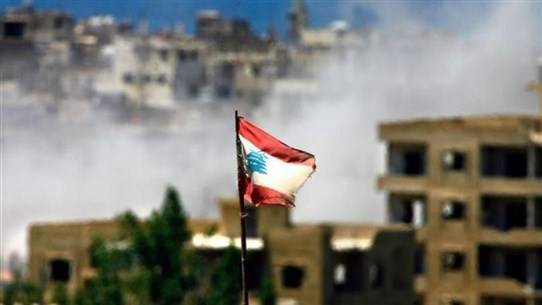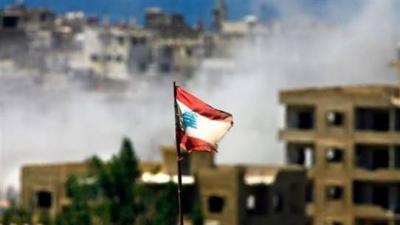The rapid political developments witnessed in the local arena over the past two days serve as evidence of two new realities that will impose themselves on the local political landscape, particularly concerning the presidential phase ahead, which will be difficult to circumvent, according to opposing political sources to "Al-Markazia".
The first reality is that the Taif Agreement is a red line. If any internal political forces are looking to plunge the country into a constitutional void, hoping it would allow them to overturn the Taif system in order to establish another one that suits them better—referring here to Hezbollah, which seeks a tripartite division, and the Free Patriotic Movement, which has rejected the agreement since its inception and seizes every opportunity to discuss reforming the system—then their plan will not succeed. They will have to reconcile with the fact that "Taif" will remain. This became evident when information about a political dinner at the Swiss Embassy, potentially a prelude to a higher-level meeting in Geneva discussing the Lebanese system, surfaced. Internal political forces keen on the Taif Agreement, from the Lebanese Forces to the independents of March 14 and even the changing sovereign independents, rose to protect the agreement. Likewise, its supporter, Saudi Arabia, was also active. Ambassador Walid Bukhari quickly tweeted and conducted a political visit to Baabda and Ain al-Tineh yesterday, warning against tampering with it. He stated: "The National Accord Document is a binding contract for establishing the foundations of the pluralistic Lebanese entity, and any alternative will not be another charter but rather a disintegration of the fabric of shared existence and the disappearance of the unified nation, replaced by entities that do not resemble Lebanon the message." After his meeting with President Michel Aoun, he reiterated "the Kingdom's commitment to Lebanon's unity, its people, and its Arab depth, based on the national charter principles mentioned in the Taif Agreement, which formed a basic foundation that protected Lebanon and ensured stability," stressing "the importance of completing constitutional requirements on time."
From this standpoint, the second outcome established over the past two days is the return of a strong Saudi presence and influence in Lebanon. After playing an essential role in thwarting any attempt to undermine the Taif Agreement now or in the future, it has been confirmed that the Kingdom has returned as a significant player in the Lebanese equation, and its voice and influence in Beirut are strong, making it difficult to overlook them in internal requirements and how to approach them. Consequently, the sources note that the media, journalistic, and diplomatic interpretations suggesting that Lebanon has been handed over to Iran and Hezbollah following the border demarcation agreement may be slightly hasty, the sources conclude.




